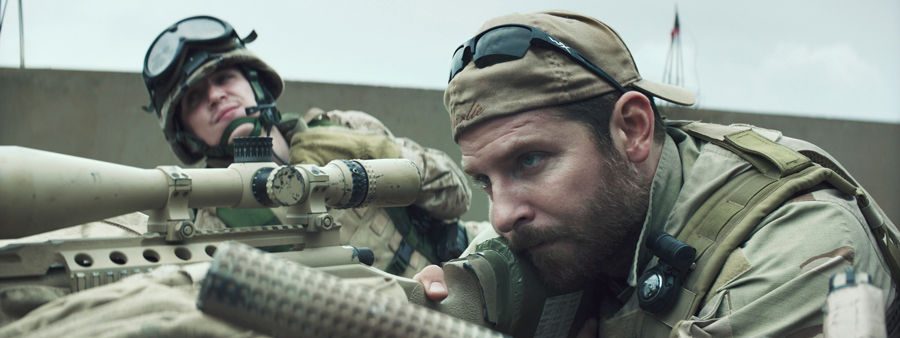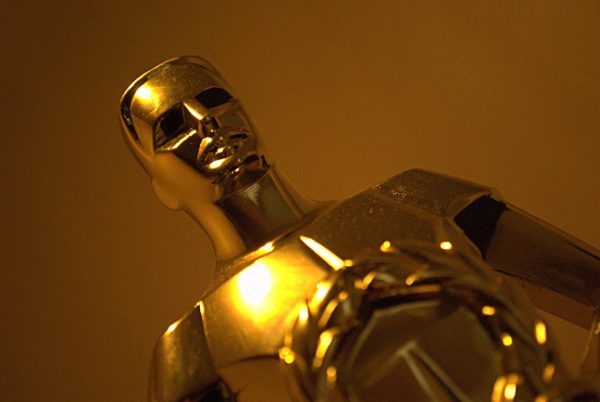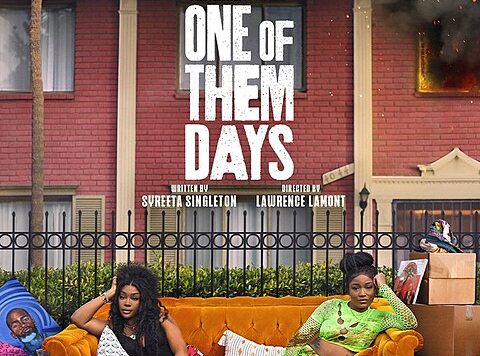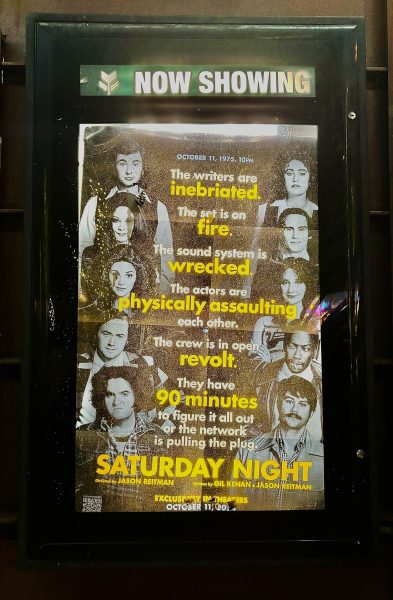‘American Sniper’ describes war hero, veterans protest
After four tours of duty, Kyle retired from the army to go back and live with his family in the U.S., where he had a very hard time living a normal life and fitting back into the society.
“American Sniper,” Clint Eastwood’s latest movie starring Bradley Cooper, is smashing its own records. In just over four days after its release, the movie had made more than $248.9 million. The film also earned six Oscar nominations including Best Picture this year.
“American Sniper” was inspired from the autobiography of Chris Kyle, now known as the most lethal sniper in U.S. history with 160 confirmed kills from various tours of duty, including ones in Iraq between 2003 and 2009.
Unfortunately, it looks like the movie put forth a completely different vision of who Chris Kyle was.
The movie raised many different questions. First, many wondered why Clint Eastwood decided to make Chris Kyle such a patriotic and heroic figure.
In the memoir written after Kyle retired from the Navy Seals, he writes about his childhood growing up in Texas and his training and departure for Iraq after the American Invasion. Kyle explains in his book how he perfected his killing technique through his different tours of duty he was assigned and claims to have taken over 255 lives.
Though in the movie Eastwood portrays Kyle as an American hero, in his memoir Kyle describes Iraqis as “savages,” and asserts that they were “evil.” He wrote that “he couldn’t give a flying (expletive) about the Iraqis,” and that his only regret was that he couldn’t kill more of them.
After four tours of duty, Kyle retired from the army to go back and live with his family in the U.S., where he had a very hard time living a normal life and fitting back into the society. He died a few months after his autobiography was released. Kyle was shot and killed by a war veteran suffering from post-traumatic stress disorder.
The patriotic hero Eastwood presents in the movie doesn’t really seem to reflect the person Chris Kyle was in real life. The movie mainly describes him as an American hero and loving father, which highly disturbs those who see him in his memoir as a racist soldier who thought that killing was “fun.”
The Guardian doesn’t seem to understand why “simplistic patriots are treating him like a hero.” They directly address Eastwood in a comment in their article:
“If he, intentionally or not, makes a hero out of Kyle — who, bare minimum, was a racist who took pleasure in dehumanizing and killing brown people — is he responsible for validating racism, murder and dehumanization?”
The movie raised numerous debates for the people who knew the life Kyle had. Some spectators wondered as to how to make out a killer as a hero.
Without the context of Chris Kyle’s autobiography, Eastwood’s film is a wonderful production that exemplifies patriotism and family values.











